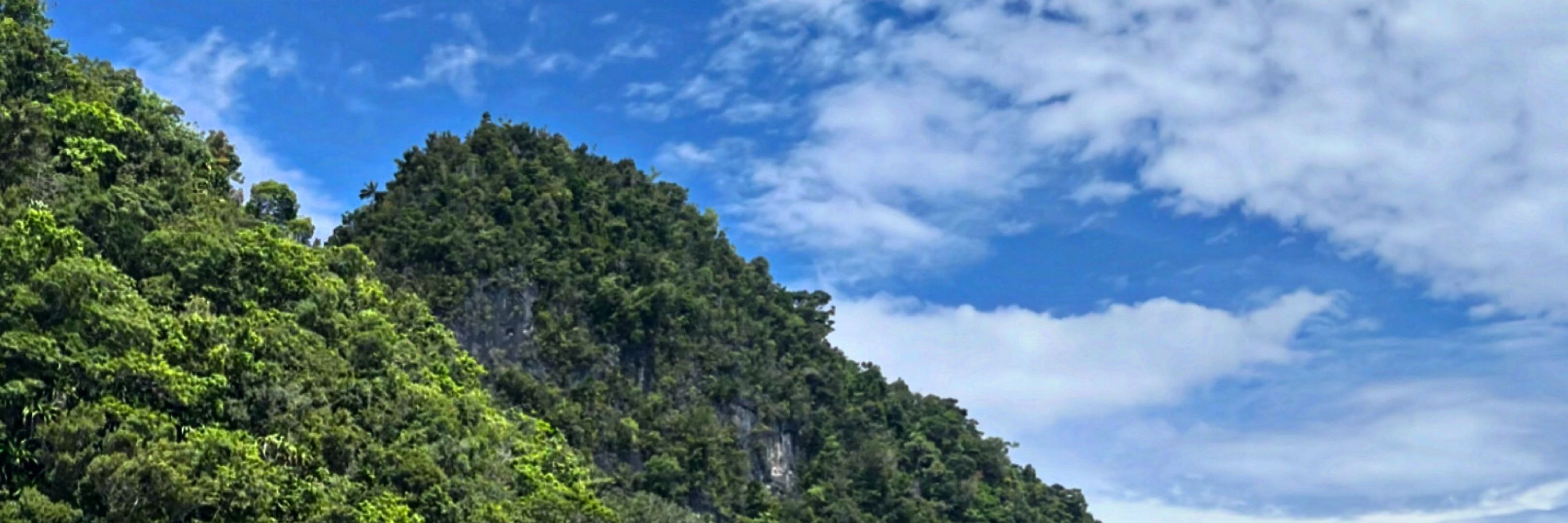


Join our tutors at 3pm Thurs 20 Nov on zoom for a cosy chat about our world-leading MSc Archaeology degree.
Meeting link: zoom.us/j/9184876042...

Join our tutors at 3pm Thurs 20 Nov on zoom for a cosy chat about our world-leading MSc Archaeology degree.
Meeting link: zoom.us/j/9184876042...

archaeology.org/issues/september-october-2025/world/?location=indonesia-3





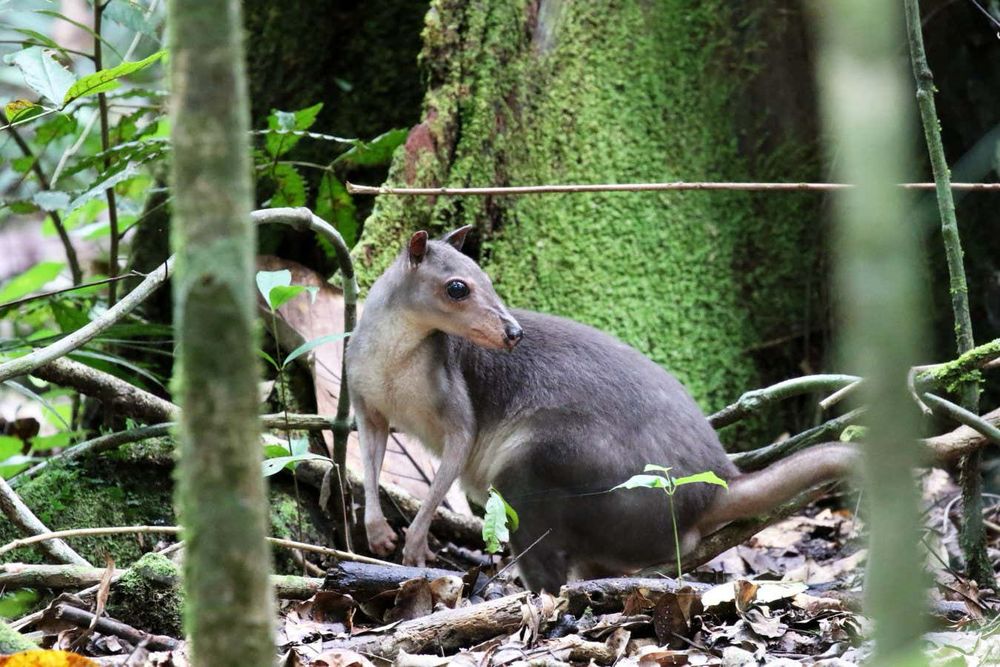
They uncovered the earliest evidence for human activity in the Pacific, c.55 000-50 000 years ago.
Check out our interview with Dylan Gaffney on the prize-winning research: youtu.be/kQMXnbQygcc

They uncovered the earliest evidence for human activity in the Pacific, c.55 000-50 000 years ago.
Check out our interview with Dylan Gaffney on the prize-winning research: youtu.be/kQMXnbQygcc
If you can't make it, why not check out our collection of Oceania #Archaeology, which is completely FREE: www.cambridge.org/core/journal...

If you can't make it, why not check out our collection of Oceania #Archaeology, which is completely FREE: www.cambridge.org/core/journal...



doi.org/10.1111/arcm...
doi.org/10.1111/arcm...
doi.org/10.1111/arcm...
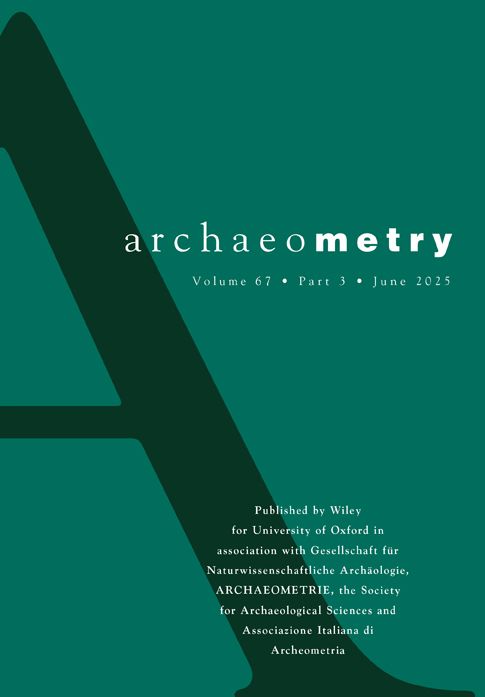
doi.org/10.1111/arcm...
doi.org/10.1111/arcm...
doi.org/10.1111/arcm...
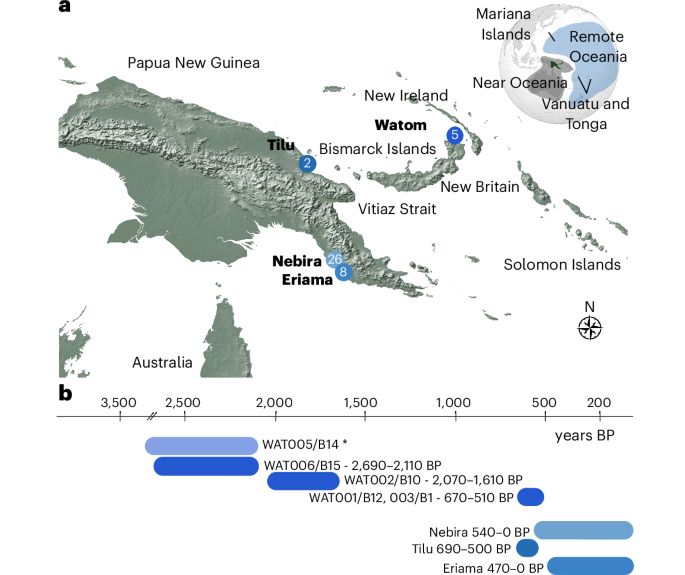

buff.ly/XwKPZ9I
#OpenAccess #EarlyView #Aotearoa #ChronologicalModelling #Genealogies #Māori #C14dating #whakapapa

buff.ly/XwKPZ9I
#OpenAccess #EarlyView #Aotearoa #ChronologicalModelling #Genealogies #Māori #C14dating #whakapapa
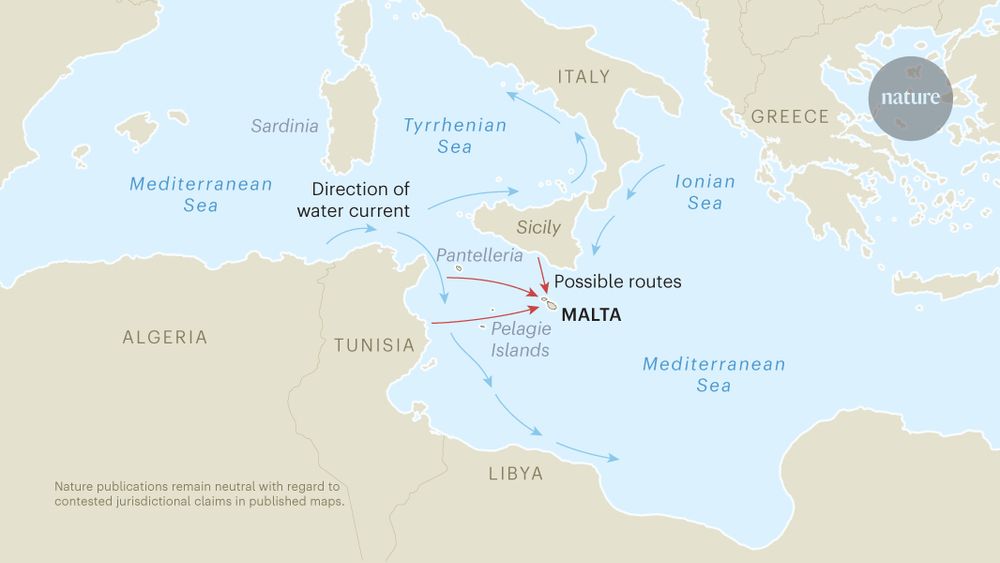



It describes the environmental and cultural history of the area and the boundary-making that has formed West New Guinea in the recent past.
Available now doi.org/10.22459/TA5...

It describes the environmental and cultural history of the area and the boundary-making that has formed West New Guinea in the recent past.
Available now doi.org/10.22459/TA5...
Our upcoming title is the first book to detail the human history of this richly diverse area.
doi.org/10.22459/TA58.2024

Our upcoming title is the first book to detail the human history of this richly diverse area.
doi.org/10.22459/TA58.2024


